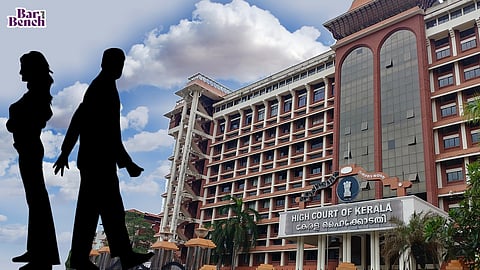
- News
- Columns
- Interviews
- Law Firms
- Apprentice Lawyer
- Legal Jobs
- हिंदी
- ಕನ್ನಡ

The Kerala High Court recently held that the use of the term "irrevocably" in a talaqnama does not invalidate a divorce when reconciliation efforts were made by the parties before and after the pronouncement of talaq (A Sajani v. Dr B Kalam Pasha).